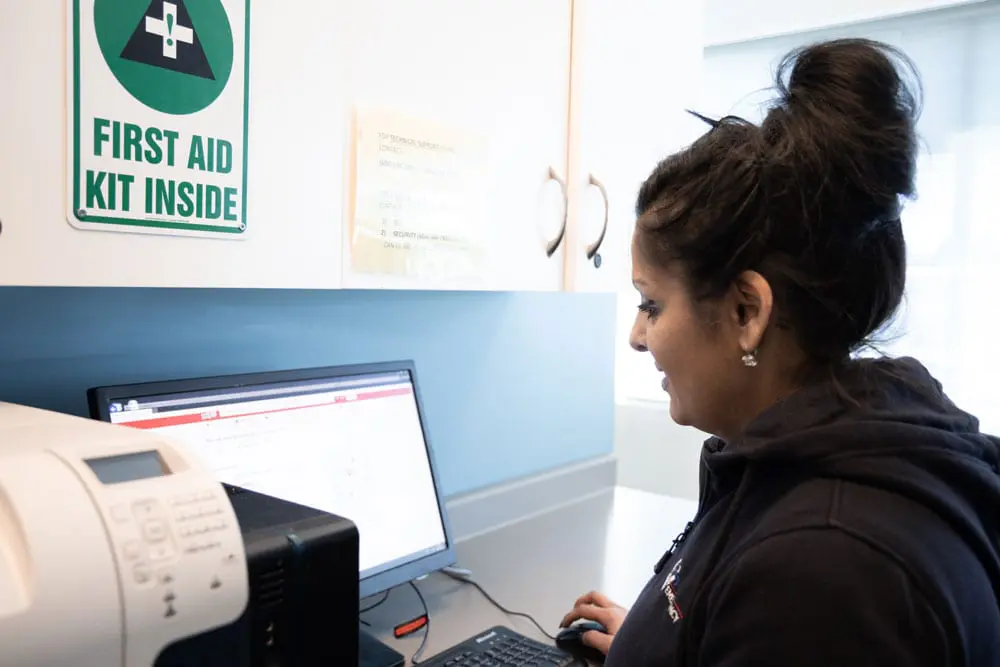People who take medical laboratory assistant training and nursing courses focus almost exclusively on the medical and patient care aspects of life in a hospital or doctor’s office. Medical office assistants, on the other hand, shift between being a medical professional and a business administrator. Working both behind the scenes and directly with patients, they are the professionals who keep the healthcare system running smoothly.
The medical office assistant draws on a range of skills to do his or her job well – but these tend to boil down to two core strengths every professional in this field must possess. Read on to find out if you have what it takes to excel as a medical office administrator.
Organizational Skills
Medical office assistants are responsible for the flow of information both into and out of the clinic or hospital. When a call comes in, they need to know exactly how to respond, or how to direct the caller to the appropriate person or department. And they typically know where each of their colleagues is, because medical office administrators are also responsible for creating schedules for doctors and nurses.
They are also tasked with maintaining databases of patient records, prescriptions and invoices (which they most likely filled out themselves), and transferring lab results to the appropriate member of the medical team. Master of all files, paperwork and forms, medical office administrators are that crucial communication link between patient and practitioner. Anyone considering this career should feel a natural pull toward organization, and understand that only through order can a system like this work efficiently.
Communication
Medical office assistants are frequently the first person a patient sees or speaks with when seeking medical attention. It is extremely important for patients to understand the steps they must take before they meet with a doctor, submit a sample for testing, or arrange a follow-up visit. Medical office assistants are in the perfect position to make that happen. With the ideal mix of compassion, assertiveness and clarity, these professionals guide patients through each step of their appointment.
Part of good communication is good listening. Some medical offices and all hospitals have multiple doctors available. In these cases, it is generally the medical office assistant who will determine which doctor the patient needs to see or if they need to see another medical professional, such as the new hire who just finished cardiology technician training in Surrey. With basic medical knowledge and superior listening skills, the medical office assistant will tune into patients’ descriptions of symptoms and concerns, and identify exactly to whom they should be referred for assistance.
But let’s not forget that communication isn’t limited to patients. Medical office assistants are frequently called upon to pass messages and other information along to doctors (and in the case of hospitals, nurses as well) in emails, on the phone, and in person.
Do you think you possess the necessary skillset to work as a medical office assistant? Are there any other skills you feel someone in this role should have?


